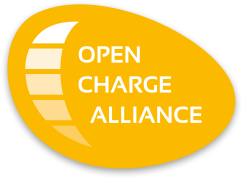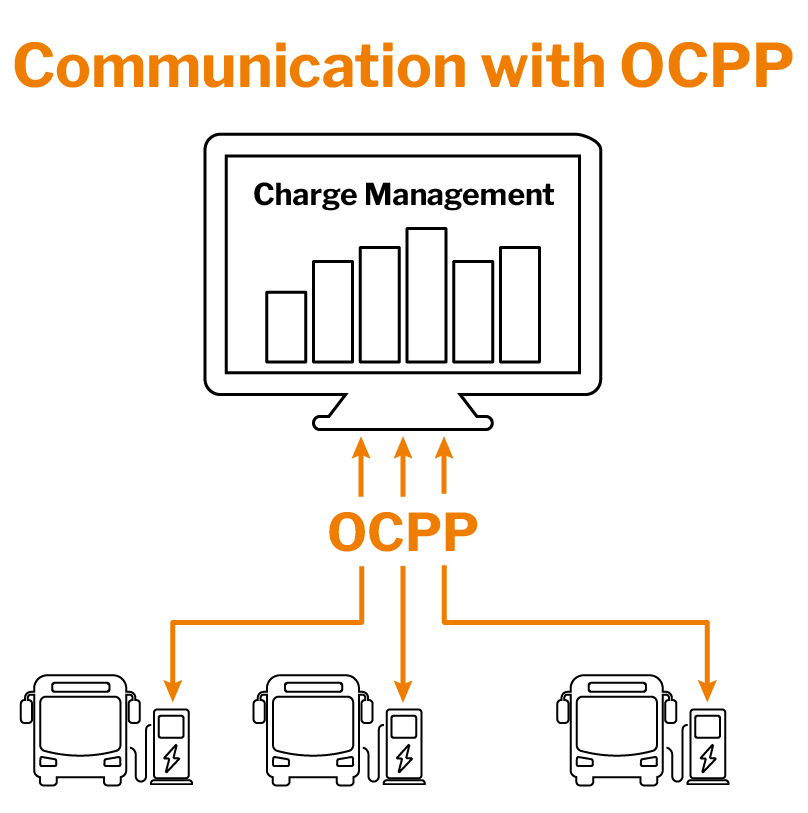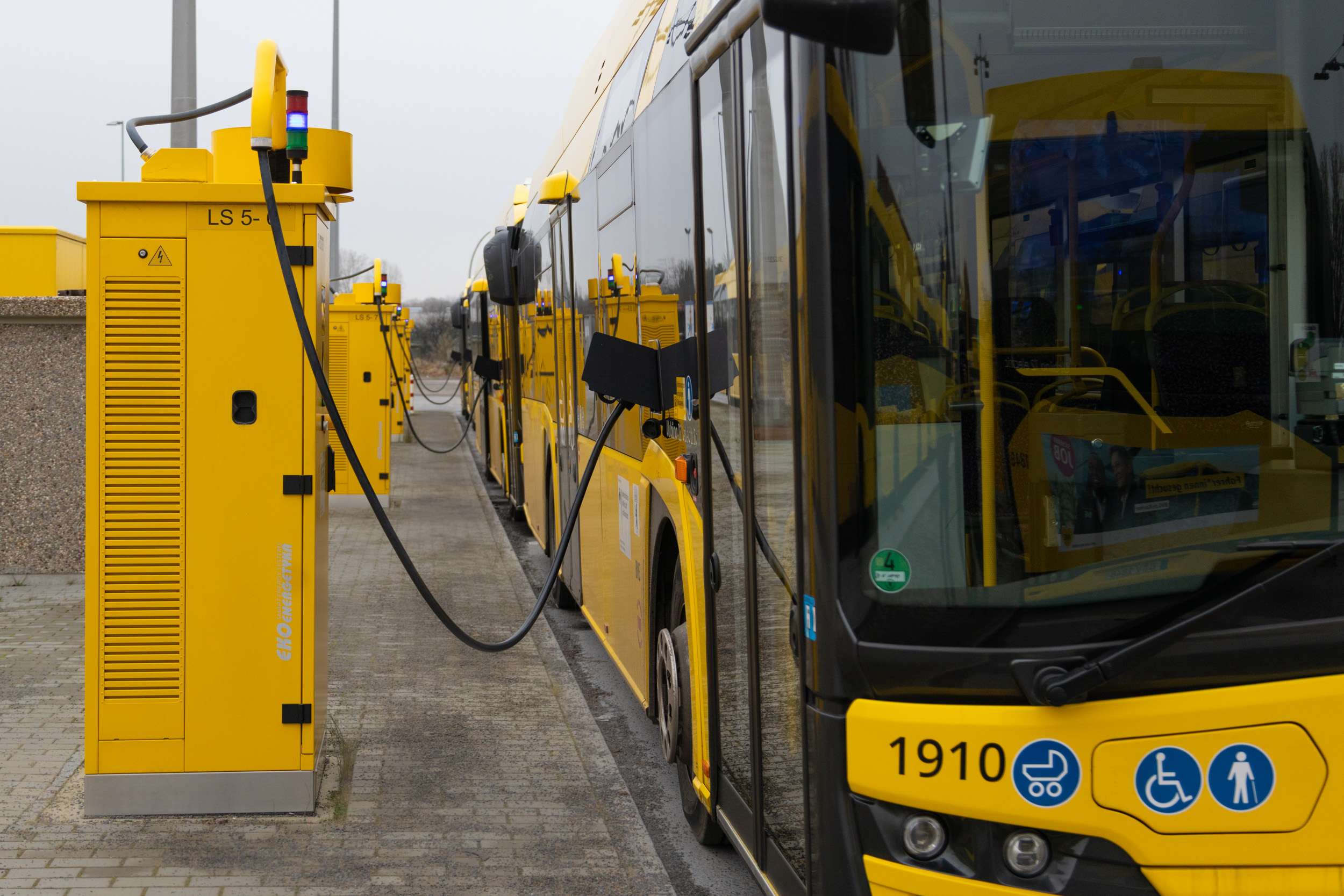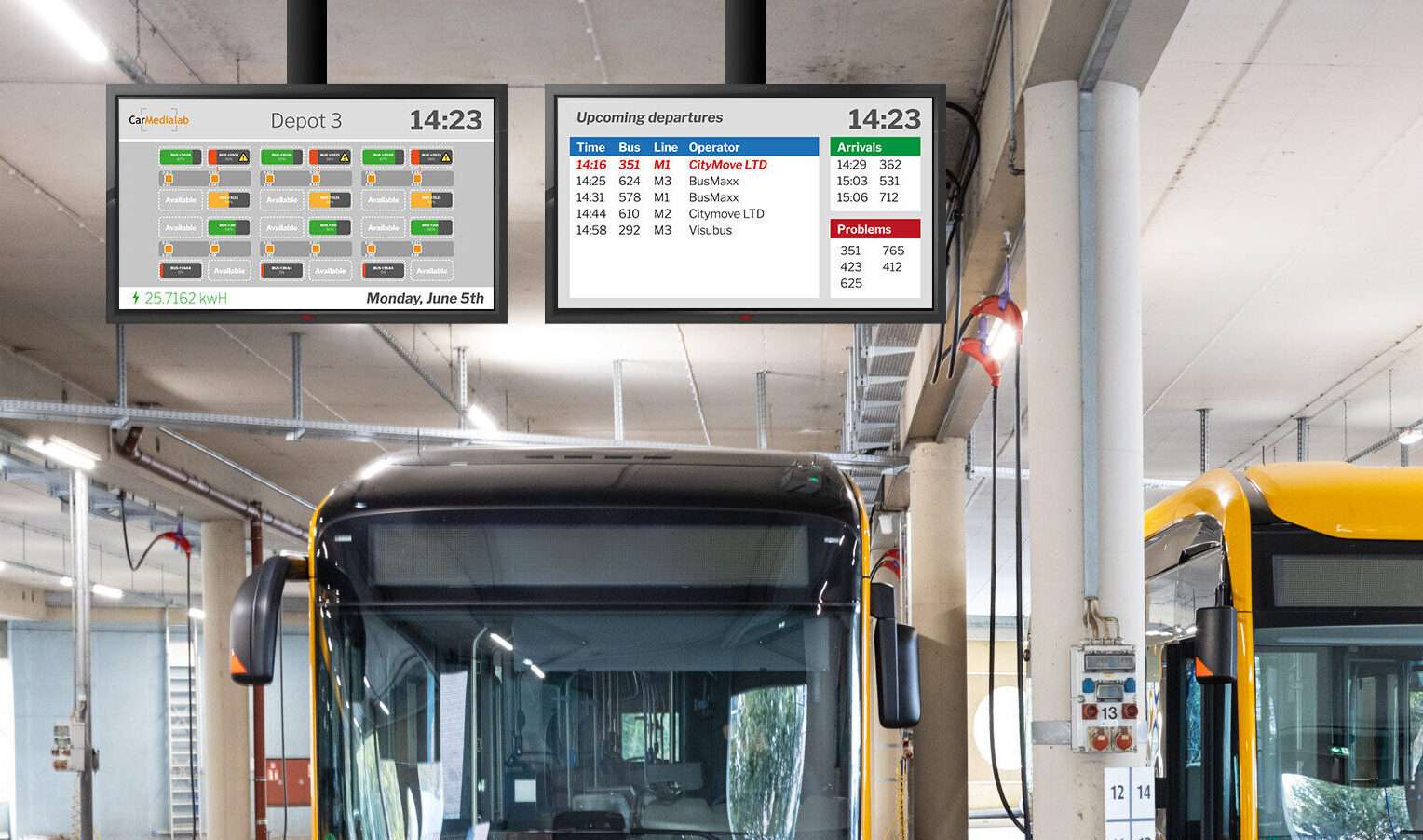OCPP – The Key to Smart E-Bus Charging
The future of sustainability is at the center of many new and innovative developments in public transport. With zero emissions and environmental benefits, it is no surprise that electric buses are becoming increasingly popular. However, to optimise the operation of these vehicles, especially in large fleets, intelligent charge management is required. This is where the Open Charge Point Protocol (OCPP) comes in.

What is OCPP?
The Open Charge Point Protocol (OCPP) is an open communication standard that enables interoperability between charging stations and charging station management systems. Originally developed by the Open Charge Alliance (OCA), OCPP has become established as a globally accepted standard. It allows for seamless integration of different charging stations and charging management systems, even from different manufacturers and providers , thus ensuring not only flexibility but also security for the benefit of the transport companies.
Challenges of electric bus integration
There are a number of challenges to be aware of when introducing electric buses. The four main ones are:
- High energy demand: Electric buses require large amounts of energy, which must be provided efficiently and in a timely manner.
- Fleet management: Managing a fleet of electric buses requires careful planning and monitoring of charging times to avoid disruption to operations.
- Grid load: Charging multiple buses at the same time can place a significant load on the grid, requiring intelligent load distribution.
- Interoperability: Various components of the charging infrastructure, as well as the different bus models, have to be compatible with each other.

OCPP in the charge management
The Open Charge Point Protocol offers a solution to these challenges by creating a standardized communication interface between the charging stations and the central charge management system. Here are the advantages of OCPP in the context of charge management for electric buses:
- Interoperability: OCPP enables the connection of different charging points and back-end systems, ensuring flexible and vendor-independent charging management.
- Load management: Through constant communication and transmission of real-time information, charging processes can be dynamically adjusted to avoid peak loads and ensure grid stability.
- Monitoring and diagnostics: OCPP allows continuous monitoring of the charging process and diagnosis of problems, facilitating maintenance and reducing downtime.
- Scalability: With OCPP, charging infrastructures can be easily expanded to keep pace with the growth of the electric bus fleet.
MOBILEcharge and OCPP
MOBILEcharge is a charge management system developed by CarMedialab that automates and optimizes the charging process for electric buses with minimal user intervention. This solution is fully compatible with OCPP and supports OCPP versions 1.6 and 2.0.1.
The solution specifically includes:
- Seamless integration and interoperability with various charging stations through the OCPP standard.
- Intelligent charge management to avoid network congestion and optimise charging times.
- A comprehensive monitoring and diagnostics solution to ensure the smooth operation of the charging infrastructure.
Conclusion
As a well-established communication standard, the Open Charge Point Protocol provides the basis for the interoperability and flexibility needed to ensure an efficient and future-proof charging infrastructure. Thanks to OCPP, different charging stations and backend systems can be seamlessly integrated and coordinated, which not only increases operational efficiency but also supports grid stability. With CarMedialab’s solutions, which are fully OCPP compatible, transport companies can confidently face the challenges of e-mobility.
CarMedialab not only implements OCPP in its charge management solution MOBILEcharge, but also actively contributes to the development of this standard. As a member of the Open Charge Alliance (OCA), CarMedialab plays a key role in the specification and establishment of OCPP.
In cooperation with INIT, the world’s leading provider of integrated IT solutions for public transportation, we have developed solutions aimed at giving you a better overview of your bus fleet. Use the data from your vehicles and charging stations to your advantage.





